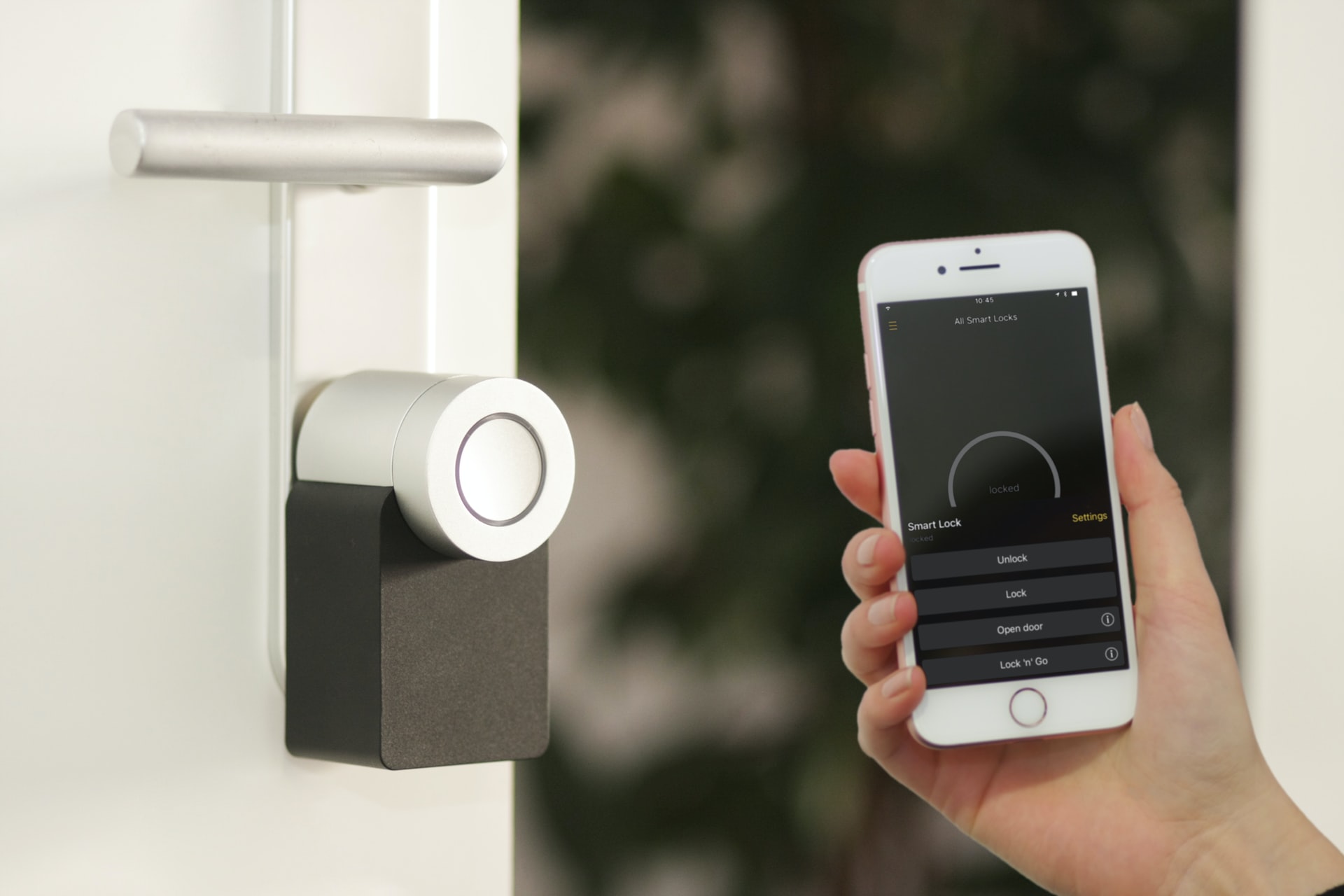Strengthening IoT Security In Your Smart Home
Time to lock down your IoT devices

65% of consumers say they’re excited about the future of smart technology with 26%, in particular, currently interested in purchasing a smart home. Internet-connected devices like security systems, smart locks, medical alert systems, smart TVs, and smart thermostats can enhance comfort and convenience around your home, but they can also provide hackers with the opportunity to access your devices and data. If you’re creating a smart home, it’s important to strengthen the security of your IoT devices and eliminate poor security practices.
Secure your router
Your router links all your IoT devices together, which means it needs to be impenetrable to hackers. The manufacturer will have given your router a default name (typically its make or model). However, a generic name can be more easily guessed by cybercriminals and allow them access to your network. So, it’s important to change your router name to something unique unrelated to you or your home address. Setting a complex password is also essential; make it at least 15 characters and a combination of numbers, uppercase and lowercase letters, and special characters. It’s also useful to use a strong encryption protocol — namely WPA2 rather than WPA or WEP. WPA2 protects your Wi-Fi access points, offers stronger security, and requires stronger wireless encryption. These security protocols are particularly important for people with disabilities who are increasingly turning to smart home technology to help them live more comfortable and independent lives. It’s important people with disabilities set protocols that keep their home secure while being manageable and within their capabilities.
Use a dedicated network for your IoT devices
Setting up a guest network solely for your IoT devices, separate to your primary network, allows you to maintain complete control over your smart home. With this security precaution, hackers are kept at bay and your local smart home network can only be accessed by you. Ofer Maor, cybersecurity thought leader, explains the importance of running your home on multiple networks: “There is my ‘office’ network with the laptops, NAS, and all the important sensitive parts of my home. There is my ‘Home IoT’ network, which holds most of the IoT devices. This limits a breach — if one of my IoT devices gets hacked, the hacker may be able to propagate from it to other IoT devices but will not be able to reach my laptop or my sensitive data.â€
Keep your devices up-to-date
It’s important to regularly update all your IoT devices, apps, and router as they may not do so automatically. Keeping your smart home network up-to-date further reinforces the security and protects against cybercriminals. Also be mindful to disable any unused or unwanted features, such as, the ability to control your smart devices remotely. This essentially helps you keep any potential entry points into your smart home to a minimum.
Working to improve comfort and convenience, smart homes can drastically increase the quality of life. By ensuring your IoT network is as secure as possible, you can ensure your home stays safe and out of the reach of cyber criminals.
